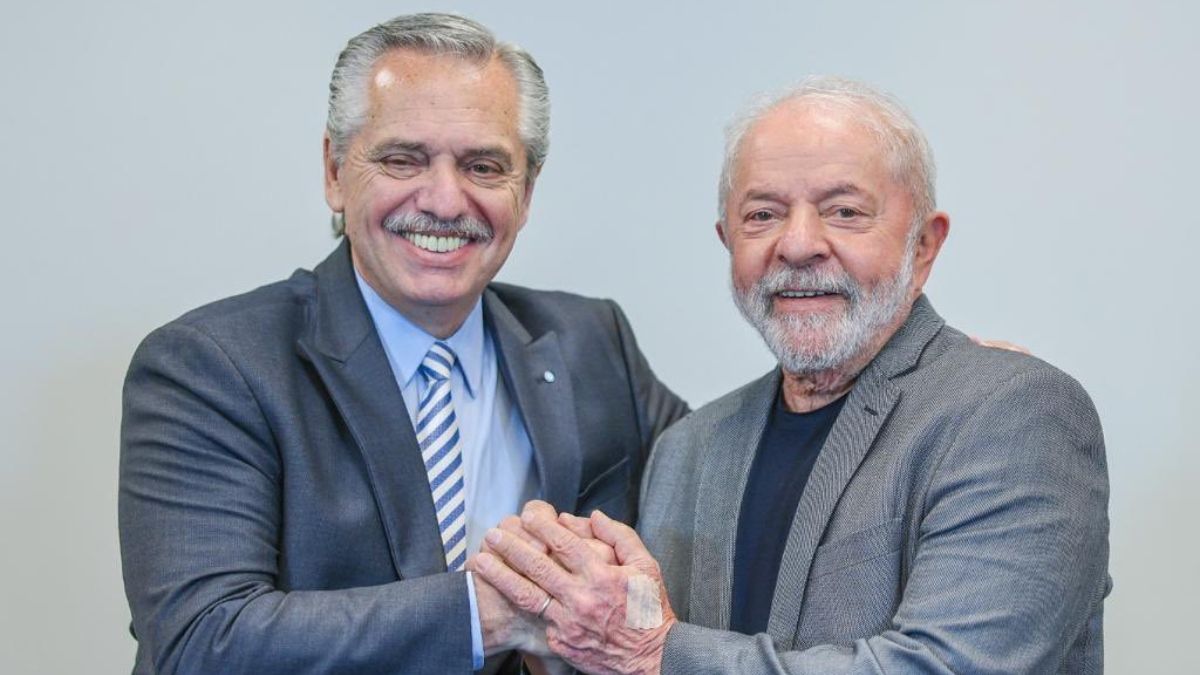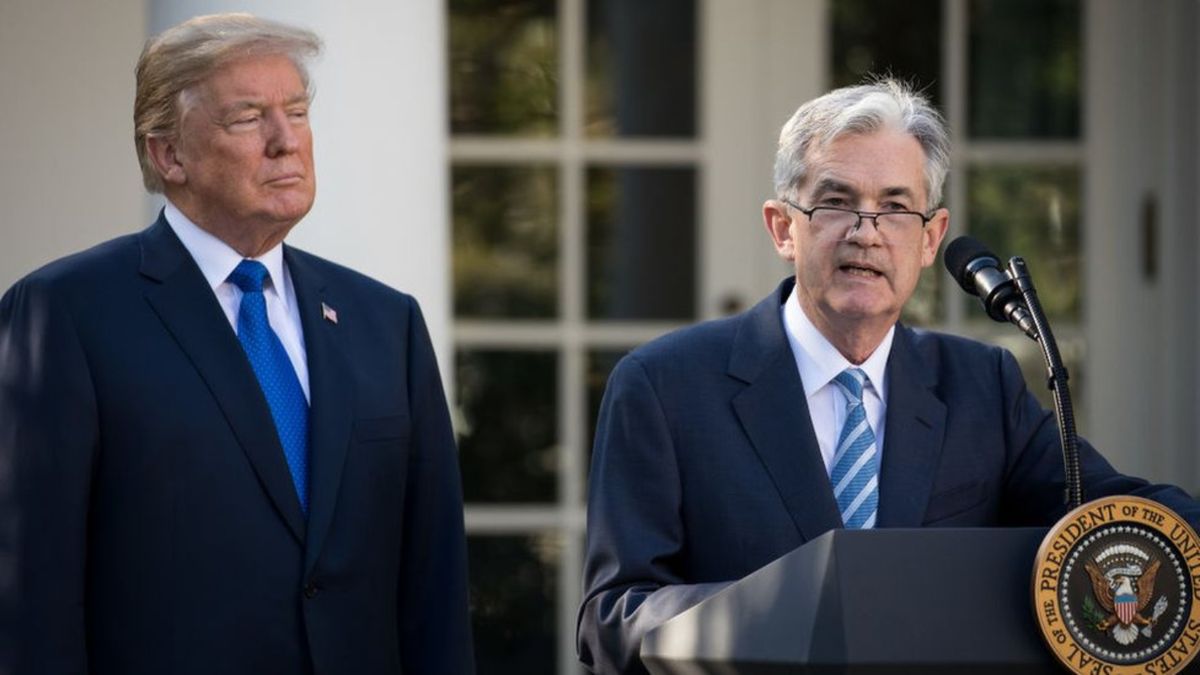That said, the question that follows is what will happen to the new Lula government. If we refer to the alliances he forged, including his vice president, the prospects are not the best. Even though the names of his ministers in the economic area or the president of the Central Bank of Brazil are not yet known, all the experience of his previous governments (2002-2010) show us that Lula governed without questioning any of the logics of the establishment economic. An orthodox economic policy prevailed, strongly linked to the financial world.
Of course, at that time, Lula was able to benefit from a very favorable international situation, centered on the high price of commodities. The current situation is very different, both in what happens on a global scale, with a recession at the door, and in the specifics of a Brazil that can hardly grow or redistribute at the level of those years.
The reality is much more like what happened during the governments of Dilma Rousseff (2011-2016), where the implementation of a strong adjustment program played a very important role in its loss of popularity.
How does that affect Argentina?
Brazil is the main trading partner of our country. Even when the trade balance is systematically in deficit for Argentina, any expansion of the Brazilian economy has a primary effect that is reflected in an increase in Argentine exports to that country.
In this framework, a central point is what is going to happen to the Mercosur. Of course, responding to this requires having a minimum balance on what this integration process that has already lasted more than a quarter of a century has meant. In fact, although it served to increase global trade between the two countries, its entire operation was mediated by being a great business platform for the automotive complex, 100% in the hands of transnationals foreign to both countries.
The other important issues, such as the possible agreement with the European Union, They’re in standby, and if approved, they leave serious doubts about the concrete advantages for our economies. It is obvious that Lula’s policy is much more “pro-Mercosur” than that of Bolsonaro, so a certain relaunch of the integration agreement can be expected.
So let’s draw the conclusions. The defeat of the far-right Bolsonaro is auspicious. However, many questions remain open for the future. Both towards the Brazilian economic situation itself and towards Argentina. If Lula advances, as is foreseeable, with an orthodox economic policy, in accordance with the establishment financial, the country will hardly live a vigorous reactivation. Much less will it be able to solve the very serious problems of poverty and social marginalization in the neighboring country.
For Argentina, then, there is little that can be expected from a “Brazilian economic locomotive” that contributes to a reactivation of our country. Even an eventual increase in exports would be taken advantage of, as has always happened, by the large monopolies that concentrate Argentine foreign trade.
Without a doubt, Latin America needs, in order to gain its economic independence, to advance with its regional, economic and political integration. This would require another policy, as a whole: breaking with the international financial chains, repudiating the debts that come from decades, breaking with the adjustments of the international organizations and forming a great Club of debtor countries, recovering the resources looted today and advancing together in solve the most urgent popular needs of the subcontinent.
Economist. Leader of the Socialist Left. Professor and Researcher at the UBA
Source: Ambito




